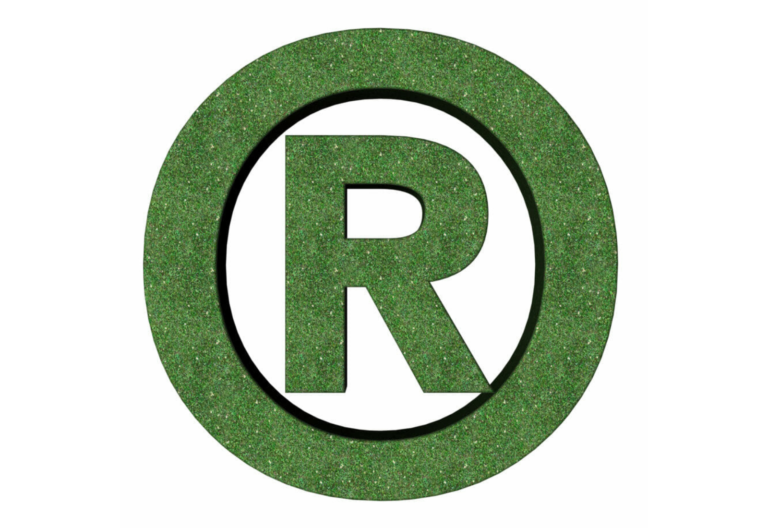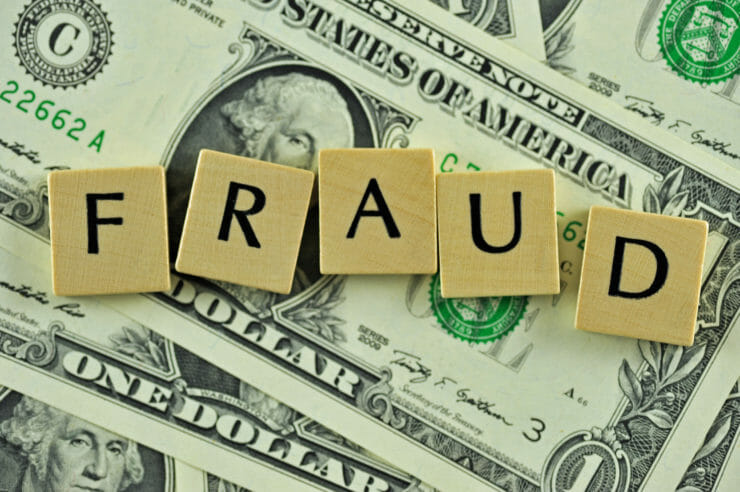
¿Puede su negocio de cannabis obtener la protección de una marca comercial? La respuesta es con toda seguridad "¡Sí!".
En este blog tratamos de cubrir a fondo las cuestiones de marcas relacionadas con el cannabis, porque la protección de la marca y las marcas son los cimientos más básicos de la mayoría de las empresas. En nuestras últimas entradas, nos hemos centrado sobre todo en los litigios de marcas, porque a medida que el sector madura, los litigios se han vuelto inevitables. Como referencia, puede consultar algunos de los grandes casos de marcas registradas















